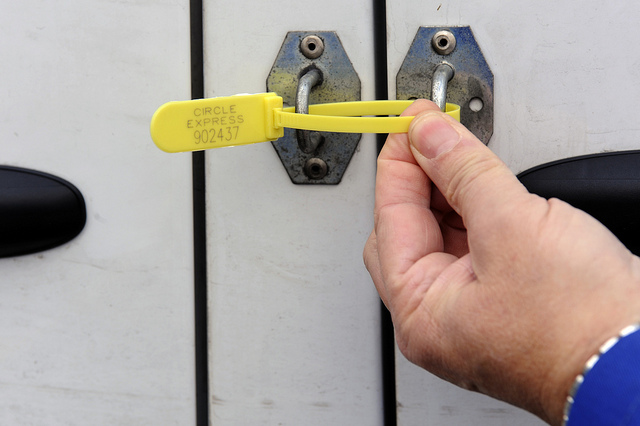
What a way to start a year! The debate initiated by three former Australian deputy secretaries of defence—Hugh White, Paul Dibb and Richard Brabin-Smith—about the possibility of Australia acquiring nuclear weapons is certainly being noticed by many Americans. ‘Is this serious?’ is a common question from security analysts here in Washington DC.
My response is ‘Yes and no’. No, Australia isn’t about to start pouring concrete for reactors, or dusting off plans and drawings from its old centrifuge program of the 1970s and 1980s. Yes, we’ll be in dire straits if the rise of China continues and the US can’t regain the stable governance and international focus that helped it win the Cold War. The question then becomes ‘Will Australia go nuclear in the future?’, and the answer has to be ‘That depends.’
Australia would consider nuclear weapons only if there were a direct, existential threat to the country. The move would almost certainly be signalled by a massive and rapid increase in our defence budget and capabilities, which currently grow at a glacial pace. We would have to have lost confidence in US extended nuclear deterrence, which is a benefit of the alliance that Canberra—thanks to our lucky geography—has never had to pay as much attention to as US allies in the northern hemisphere. Before that happens, we’d conduct a massive political and official push to engage the US on the practicalities of its nuclear guarantees.
We’d also probably want a green light from the US: nuclear weapons are no panacea, and they’d take a long time to build. Even if the US were to abrogate its formal treaty responsibilities, continued access to US intelligence, technology and weapons systems would become even more important to us than it is now. If the choice were between maximising the advantages of our geographic position for a conventional defence based on US technology, or going it alone for the uncertain benefits of what would be for decades a small and short-range nuclear arsenal, there’d be no real choice.
Indonesia’s reaction would also be a crucial consideration. We benefit hugely from the absence of nuclear weapons east of India and south of China. An Indonesian nuclear weapons program in response to an Australian one would lead to a massive deterioration in our strategic circumstances. If an Australian nuclear program in response to a third-party threat led to an Indonesian nuclear weapon, the cure may be worse than the disease.
What kind of plausible strategic problems might fulfil these criteria
and be mitigated by Australian nuclear weapons? An Indonesian nuclear program that threatened Australia is one. But if the main concern is that US strategic nuclear forces might not deter, say, North Korea, an Australian arsenal would hardly make a difference.
Could China coerce Australia with its nuclear weapons? Everything in China’s history points to its strong belief that the main value of its own small nuclear force is in countering nuclear coercion. A larger arsenal might give it more nuclear strike options against the US, but China’s conventional and economic power in Asia is already such that it doesn’t need to threaten the use of nuclear weapons to impose its new order on the region.
Hence, the use of overwhelming conventional forces to invade Australia, or to otherwise coerce us into submission, is left as the second problem that might be solved by Australian nukes. In practice, that would require Chinese control of bases in Indonesia.
Even then, given China’s clear confidence in the viability of its conventional war options, and in the deterrent value of its limited nuclear forces against even the US nuclear arsenal, Australian countervalue targeting of the Chinese homeland probably wouldn’t be a wise strategic posture.
It might be less technically challenging and strategically more promising to use nuclear weapons to create the tactical dilemmas that the US and NATO sought to impose on the Soviet Union during the Cold War: concentrate forces to overcome conventional defences and be destroyed by nuclear attack, or disperse and invite piecemeal destruction by conventional forces.
However, whether that idea would apply to the maritime defence of Australia in the 21st century is as uncertain as the motivations that would push an adversary to make that effort against us in the first place. A serious study of the political and operational aspects of such a scenario would be the key to assessing whether nuclear weapons could really be a solution to our prospective security problems, rather than a distraction from them.
 Print This Post
Print This Post